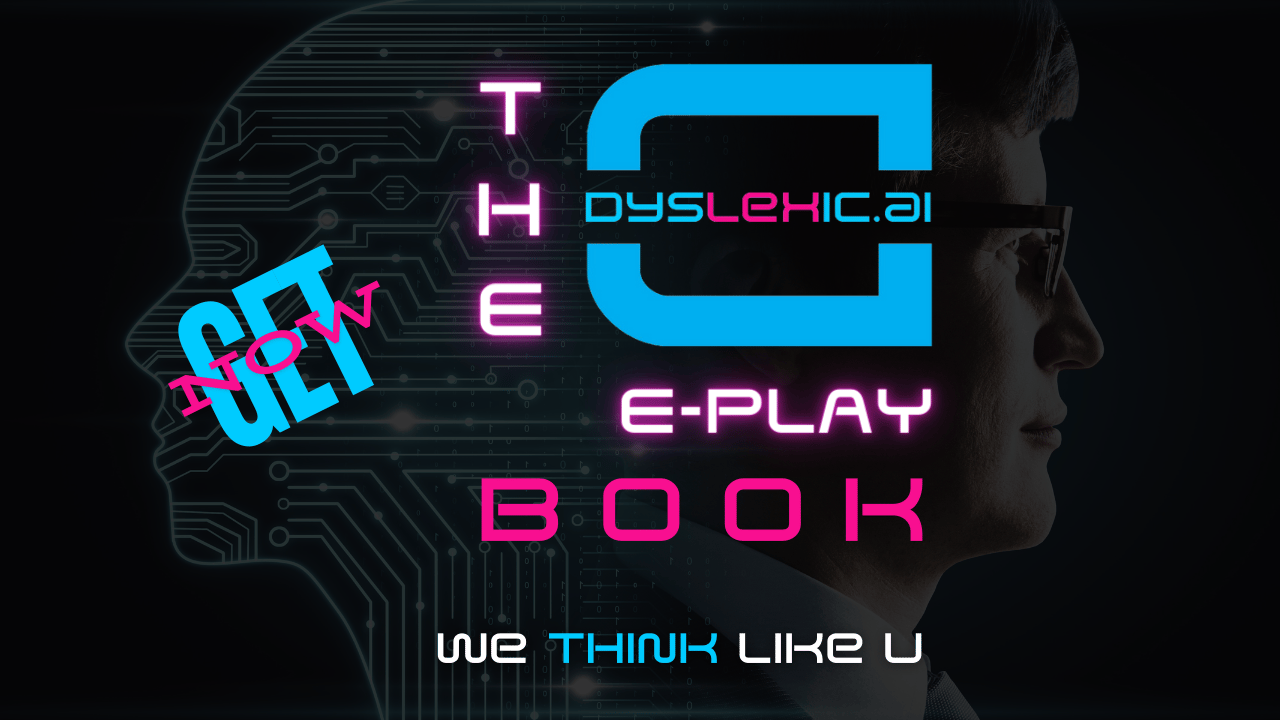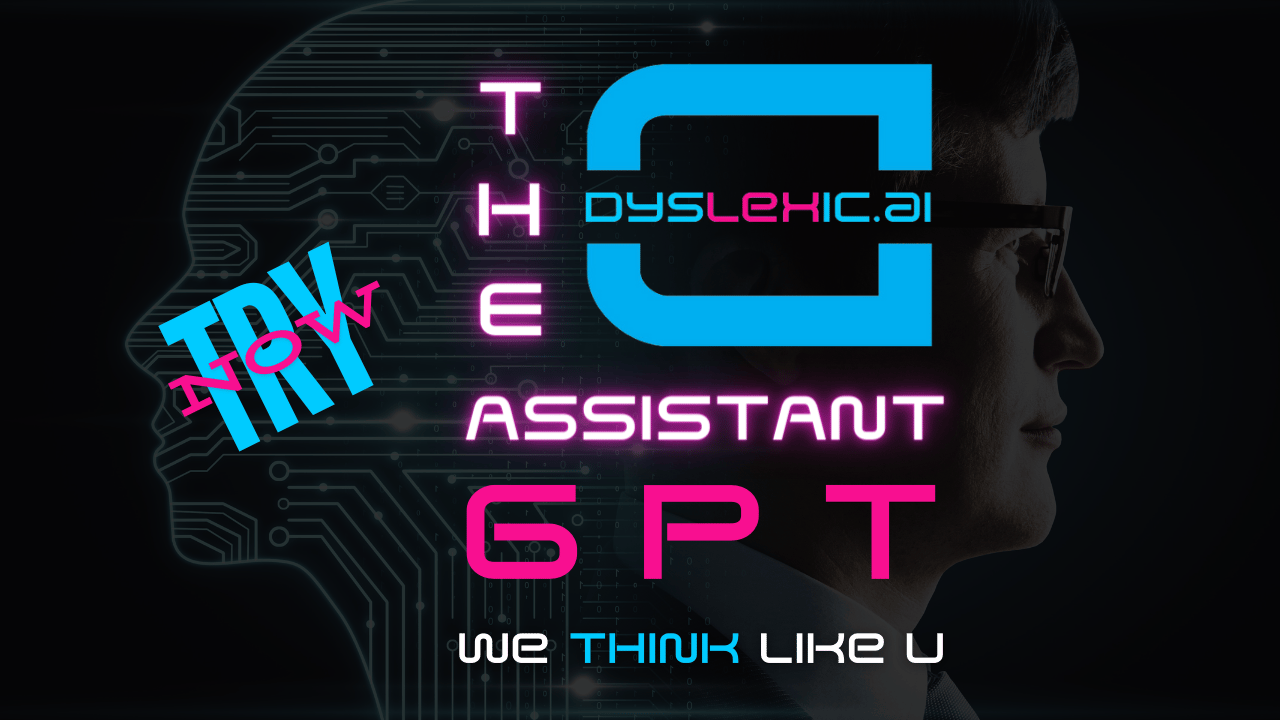- DYSLEXIC AI
- Posts
- Newsletter 225: ASU Leads the Way with ChatGPT-EDU
Newsletter 225: ASU Leads the Way with ChatGPT-EDU
🧠 Revolutionizing Education: ChatGPT-EDU Takes Center Stage

Hello, dear readers of Dyslexic AI!
Over the past year, we have had extensive discussions on the potential of AI in education, and today, we celebrate a significant step forward.
Arizona State University (ASU) has been at the forefront of these discussions, and it's no surprise to see them leading the way with the rollout of ChatGPT-EDU.
ChatGPT-EDU is a tailored version of OpenAI's ChatGPT, explicitly designed to enhance the educational experience for students and educators.
This groundbreaking initiative harnesses the power of AI to elevate learning outcomes, offer personalized support, and cultivate a more inclusive and efficient educational ecosystem.
ASU's Leadership in AI Integration
ASU's proactive approach is a shining example of its commitment to innovation in education.
By spearheading the integration of ChatGPT-EDU, it is not only enhancing the learning experience but also setting a high standard for other institutions to aspire to.
ASU has long been recognized for its forward-thinking strategies and dedication to utilizing cutting-edge technology to benefit its students and faculty.
This latest development is another feather in their cap, highlighting their leadership in AI integration within the educational sector.
The Benefits of ChatGPT-EDU
Personalized Learning: ChatGPT-EDU can adapt to student's individual needs, providing customized responses and support.
This personalization helps address each student's unique challenges, making learning more effective and engaging.
24/7 Availability
Unlike traditional resources, ChatGPT-EDU is available 24/7.
This constant availability ensures that students can access help whenever needed, breaking down the barriers of time and place that often hinder learning.
Enhanced Engagement
By providing instant feedback and interactive learning experiences, ChatGPT-EDU can make education more engaging.
This particularly benefits neurodivergent students who may find traditional learning methods less stimulating.
Support for Educators
Teachers can use ChatGPT-EDU to enhance their teaching methods, gain insights into student performance, and identify areas for additional support.
This tool can act as an assistant, helping educators to focus more on personalized instruction.
Impact on Neurodivergent and Dyslexic Thinkers
For neurodivergent and dyslexic individuals, the introduction of ChatGPT-EDU holds immense promise.
Traditional educational systems often fail to accommodate the diverse needs of these students, leading to frustration and disengagement.
However, AI tools like ChatGPT-EDU can bridge these gaps by offering tailored support that aligns with their unique learning styles.
Improved Literacy Skills
Dyslexic students can benefit from ChatGPT-EDU's ability to provide real-time assistance with reading and writing tasks.
The AI can help decode complex texts, offer spelling and grammar support, and provide explanations in more straightforward language.
Enhanced Communication
Neurodivergent students often have unique ways of processing and expressing information.
ChatGPT-EDU can adapt to these communication styles, ensuring their ideas are clearly understood and articulated.
Increased Confidence
By providing a supportive and non-judgmental learning environment, ChatGPT-EDU can help neurodivergent and dyslexic students build confidence in their abilities. T
his increased confidence can lead to greater participation in class and a more positive attitude towards learning.
Encouraging Creativity
Neurodivergent thinkers often excel in creative problem-solving and innovative thinking.
ChatGPT-EDU can facilitate this creativity by suggesting new ideas, providing inspiration, and offering diverse perspectives on various topics.
Real-World Applications and Future Prospects
The rollout of ChatGPT-EDU at ASU is just the beginning. As more educational institutions adopt this technology, we can expect significant improvements in how education is delivered and experienced.
The potential applications are vast, from personalized tutoring and homework assistance to enhancing classroom discussions and fostering collaborative projects.
Moreover, integrating AI in education can drive further research into effective teaching methods and learning strategies, particularly for neurodivergent students.
This ongoing research will help refine AI tools, making them even more beneficial for diverse learners.
Conclusion
The introduction of ChatGPT-EDU marks a significant milestone in the journey towards a more inclusive and effective educational system.
ASU's leadership in this initiative sets a powerful example for other institutions.
This technology offers profound benefits for neurodivergent and dyslexic thinkers, offering tailored support that can transform their educational experience.
As we continue to explore AI's potential in education, let's celebrate this major step forward and look forward to the positive changes it will bring.
How do you think the integration of ChatGPT-EDU will impact the learning experience for neurodivergent students?
We are eager to hear your thoughts and continue this exciting discussion.
Matt Ivey
Founder Dyslexic.ai
We Think Like You.

ChatGPT-EDU: A specialized version of ChatGPT designed to revolutionize education by providing personalized and effective learning support.
ASU's Leadership: Arizona State University's leading role in integrating AI into education highlights its commitment to innovation.
Impact on Neurodivergent Learners: This initiative promises significant benefits for neurodivergent and dyslexic students by offering tailored educational assistance.
Future Prospects: ChatGPT-EDU's potential applications are vast, and its integration can drive further research into effective learning strategies.

What did you think about today's edition? |
What should the next deep dive be about? |
|
|
|





Reply